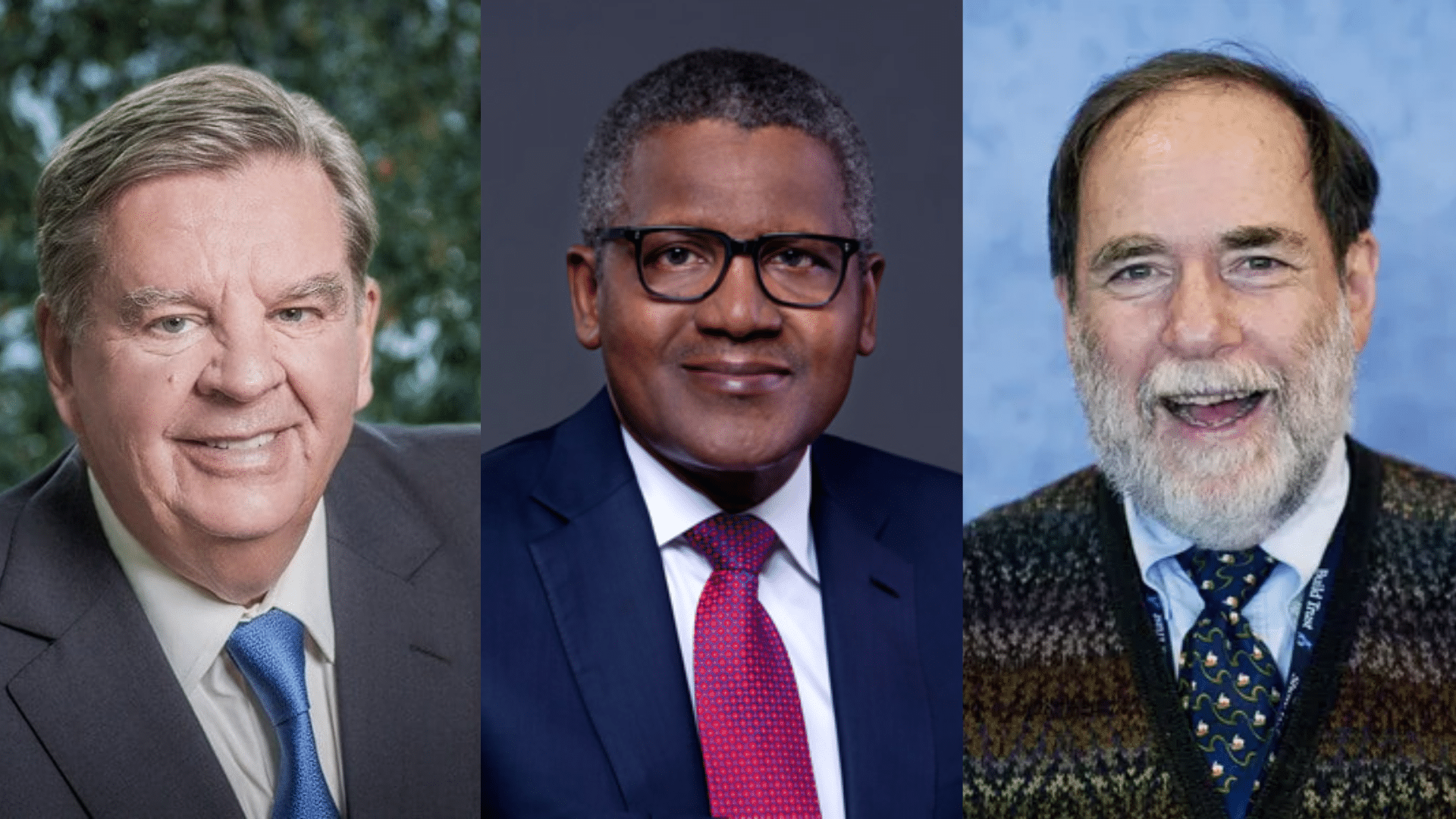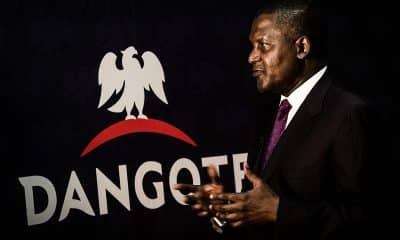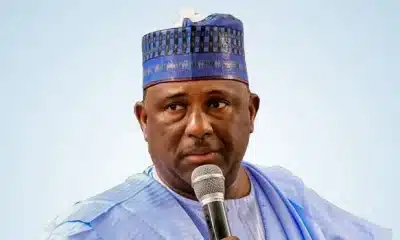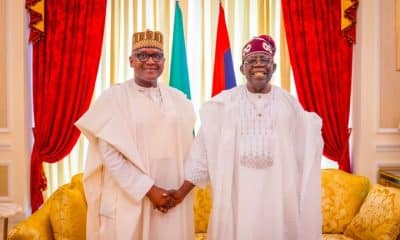Business
Top 10 Richest People In Africa In 2024

In the face of fluctuating markets, political uncertainties, and infrastructural challenges, Africa has emerged as a ground of formidable economic resilience and opportunity.
As of 2024, the continent is home to an elite group of individuals who have not only amassed significant wealth but have also shaped the economic landscape around them. This group includes Africa’s top 10 billionaires, whose combined fortunes exceed $80 billion, according to the latest Forbes estimates.
These magnates have succeeded in diverse sectors—from cement and telecommunications to luxury goods and technology—demonstrating a broad spectrum of business acumen and strategic insight. Their stories are a testament to the fact that despite the inherent challenges of the African markets, persistent innovation and savvy entrepreneurship can yield tremendous success.
Africa’s top 10 billionaires in 2024
1. Aliko Dangote – Net Worth: $16.1 billion
Aliko Dangote, who tops the list, has remained Africa’s wealthiest person for over a decade. His empire, Dangote Cement, is the continent’s largest cement producer, with an annual production of 48.6 million metric tons. Beyond cement, Dangote has diversified into fertilizer production and oil refining, demonstrating a strategic expansion into crucial sectors of Africa’s growing economy.
2. Johan Rupert – Net Worth: $10.5 billion
Next is Johan Rupert, the South African magnate behind luxury conglomerate Compagnie Financiere Richemont, known for prestigious brands like Cartier and Montblanc. Rupert’s ventures illustrate a successful bridging of African resource wealth with global luxury markets.
3. Nicky Oppenheimer – Net Worth: $9.5 billion
Nicky Oppenheimer, once a steward of the De Beers diamond empire, sold his stake for $5.1 billion in 2012, marking the end of an 85-year familial reign. Today, Oppenheimer invests in various sectors including aviation, reflecting a shift from traditional mining to other business ventures.
4. Nassef Sawiris – Net Worth: $8.6 billion
Nassef Sawiris is Egypt’s richest man, with investments spanning from construction to sports. His acquisition of stakes in high-profile companies like Adidas and the New York Knicks and Rangers showcases his diverse investment strategy.
5. Abdul Samad Rabiu – Net Worth: $7.0 billion
Abdul Samad Rabiu, who chairs the BUA Group, has become a key player in Nigeria’s industrial sector, focusing on cement, sugar refining, and real estate. His strategic mergers and acquisitions have positioned BUA as a significant entity in the regional market.
6. Mike Adenuga – Net Worth: $7.0 billion
Mike Adenuga, owner of Globacom, Nigeria’s second-largest telecom operator, has substantially impacted Africa’s telecommunications and oil sectors. His investments have facilitated improved connectivity and energy production, pivotal to Nigeria’s development.
7. Nathan Kirsh – Net Worth: $6.8 billion
Swaziland-born Nathan Kirsh made his fortune in food retail and wholesale. His ownership of Jetro Holdings highlights a successful venture in providing essential services to diverse businesses in the U.S., showcasing the global reach of African entrepreneurs.
8. Naguib Sawiris – Net Worth: $3.8 billion
Naguib Sawiris of Egypt has extended his influence from telecommunications into finance and hospitality, illustrating the versatility required to succeed in various sectors internationally.
9. Mohammed Mansour – Net Worth: $3.2 billion
Mohamed Mansour, through Mansour Group, controls significant automotive and equipment distribution networks in Egypt and beyond. His role in enhancing automotive access in Africa showcases the interplay between entrepreneurial action and infrastructural development.
10. Koos Bekker – Net Worth: $2.7 billion
Finally, Koos Bekker is celebrated for transforming South African publisher Naspers into a digital powerhouse, notably through an early investment in Tencent. Bekker’s vision exemplifies how African businesses can thrive by tapping into global tech trends.












